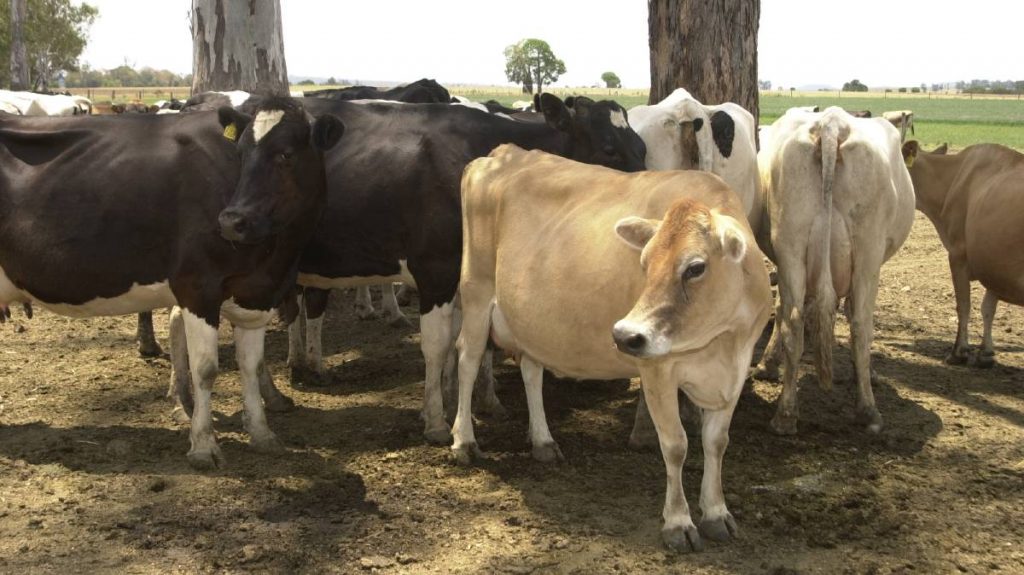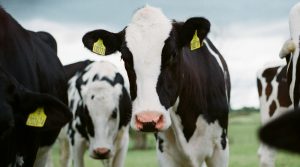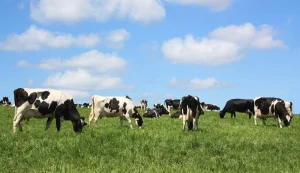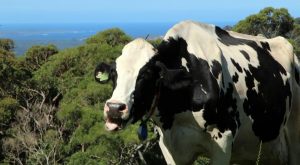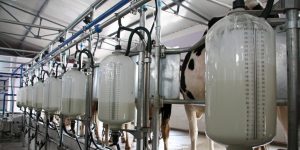
But transformation must be driven by a clear purpose and for us, that must be to create more profits for our farmers and mitigate risks for the dairy industry.
To do this efficiently and effectively, ‘NewCo B’ as it has been dubbed by the JTT, needs to be driven at a state or regional level.
Why? Because so much of an individual farm’s profitability is driven by things that are affected by locality. Cost of production, farmgate pricing, biosecurity, animal welfare, even the processors we sell to, all have a state or regional focus.
The JTT has proposed that a new group, the Joint Implementation Committee, be formed to develop a plan to transition into the new arrangements. While it is suggested that the Australian Dairy Committee appoint this group, it is at this juncture that ADF and the state and regional organisations need to step in.
While the politics and jostling have been going on at a national level, the states and regions have quietly and successfully got on with the job – working for farmers and being led by farmers to increase profitability and mitigate risks.
It is the state and regional organisations that best understand the needs of the individual farmers and are the ones most accountable. Up until this stage these regional representative organisations have been held at arm’s length in the process. If, as the JTT report suggests, the implementation phase is time critical, the JIC should be made up of leaders from the state and regional bodies working with ADF and a representative from Dairy Australia.
Certainly, many farmers and organisations like QDO have questioned why the Gardiner Foundation, a Victorian only funding body, has sat on the Dairy Plan management committee and is considered one of the four pillars of the national industry. While we all acknowledge that Victoria is our largest dairying region, this Victoria-centric mentality has been a major source of discontent and disconnectedness and yet it persists.
Accountability, profitability and stability are what our farmers want and that’s got to come from within. If we want to have a one-stop-shop that’s member-based and member-led then let’s have those organisations that work directly with the farmers on a daily basis be responsible for implementation of the plan.
